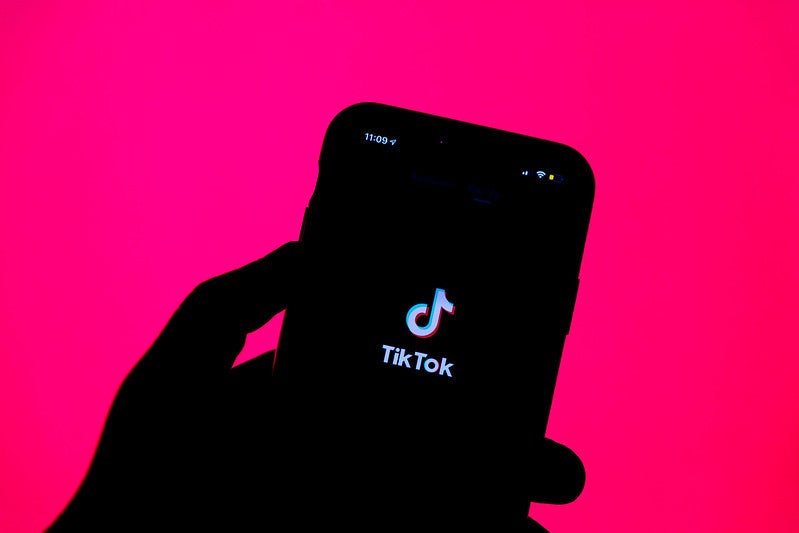TikTok, one of the most popular social networks in America, could be a thing of the past by this time next year.
In April, President Joe Biden signed into law a bill that will ban the app in the country unless it splits completely from its Chinese-based parent company ByteDance.
Wisconsin Security Research Consortium Director Dave Schroeder told WPR that while TikTok is mostly full of “benign content,” — think dance trends, goofy animals and book recommendations — the app’s algorithm could also highlight news that puts American foreign policy in a bad light.
Stay informed on the latest news
Sign up for WPR’s email newsletter.
“There’s no such thing as a private company in China,” Schroeder said on WPR’s “Wisconsin Today.” “What appears at the top of the search results if you search for a sensitive topic, like Gaza or Taiwan, or anything that might have a geopolitical context or national security concern? … That’s really where the national concern is.”
But the loss of TikTok would mean Wisconsin residents would lose one of their favorite social media sites, and the local content creators who use the app could lose out on what has become a steady income source.
Wisconsin-based TikTok star Mercury Stardust, also known as the “Trans Handy Ma’am,” told WPR she doesn’t accept concerns about Chinese ownership and influence as sufficient reasons to ban the app.
“No matter what name they give it, no matter how many times they say it’s about national security, when it comes down to it, those are hypothetical arguments,” she said. “What we do know is this has been an app that has helped pro-Palestine movements, Black Lives Matter movements and has helped the trans community get the word out about anti-trans laws all across the country.”
Stardust also said the app has become incredibly helpful for small businesses to gain a foothold in the “attention economy” and that the music industry now heavily relies on the platform for streaming revenue.
TikTok said it’s going to fight the law in the courts and is launching a lawsuit that argues it’s a violation of the First Amendment’s freedom of speech rights. Schroeder said it’s unclear how the lawsuit will play out in the coming months, but that judges have previously been “receptive” to similar arguments.
In 2020, former President Donald Trump attempted to ban TikTok via executive order. The courts blocked the measure at the time, siding with the social media company’s free speech position.
Roughly 33 percent of all American adults used TikTok regularly in 2023, according to Pew Research. And nearly two-thirds of teens are on the app.
The bill’s author, former U.S. Rep. Mike Gallagher, a Republican from Green Bay, said the fact that the app skews heavily toward younger users is precisely why the split from possible Chinese influence is needed.
“(The law) takes no position at all on the content of speech, only foreign adversary control,” Gallagher said on the House floor in April. “Foreign adversary control on what has become the dominant news platform for Americans under 30.”




